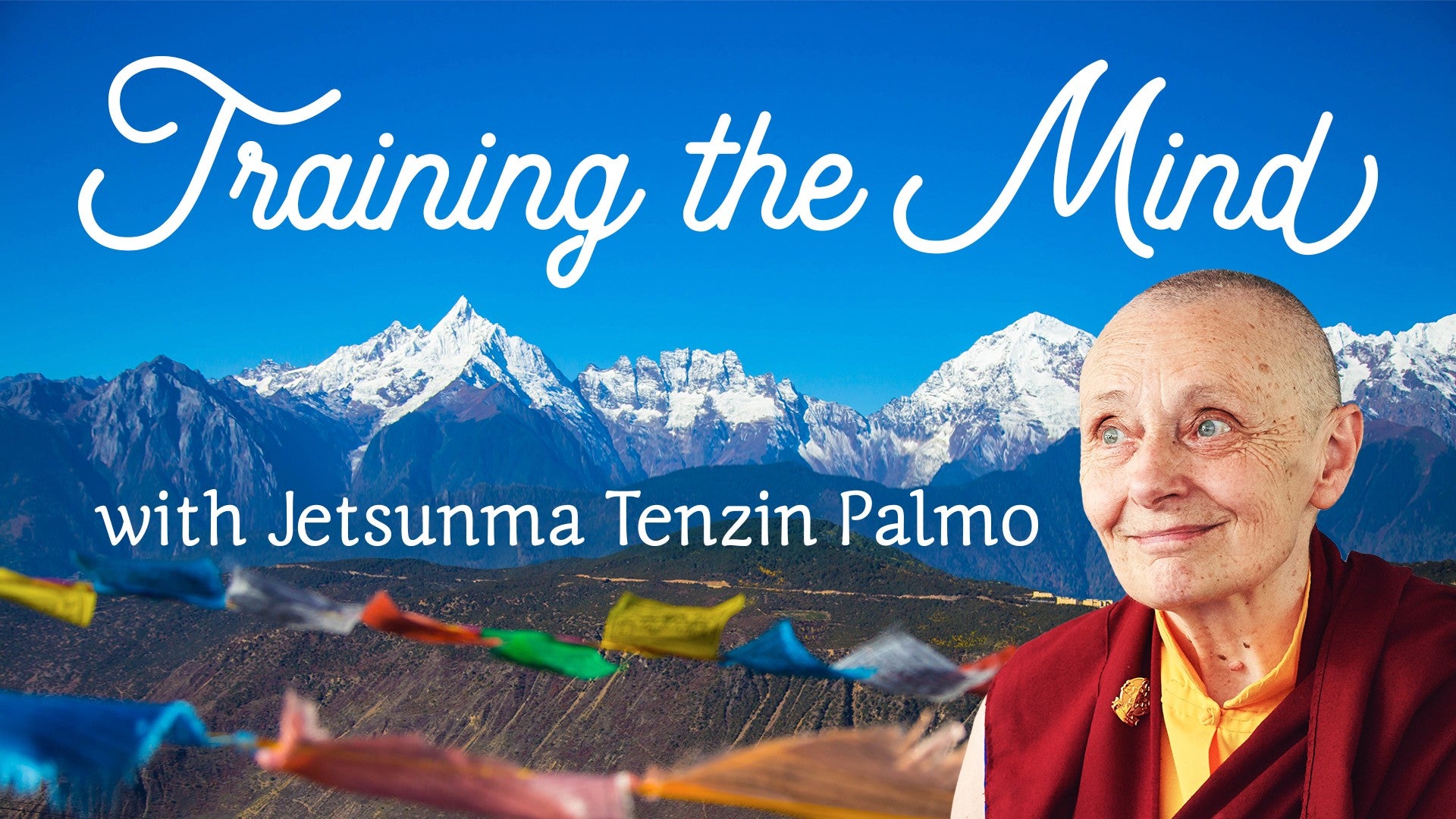Description
About This Video
Transcript
Read Full Transcript
The supreme teacher is the one who exposes our hidden floors, and the supreme instruction is the one that strikes those hidden floors. Well, of course, I mean, if we are learning anything, if we are learning the piano, if we are going to the gym and we have a trainer, naturally, we would expect someone who will show us where we are not doing things right, right? And when everything we do says, oh, wonderful, wonderful, it's not much use, right? And I mean, like, if you go to a gymnasium and the trainer looks at you, well, unless you're very trim, and says, yes, yeah, those legs, you know, we need to work on those legs, you know, this is the machine, get to work, right? But he also needs to say, actually, your arms are not bad, yeah, you can do some workouts, but the real problem is your legs, get to work on those legs, right?
Then you appreciate that, that's a good trainer. They're pointing out what's wrong, they're telling you how to deal with it. But at the same time, they are encouraging us by helping us to appreciate what is right. I mean, he doesn't mention that bit. But I think a well balanced teacher, not just point out all our faults, because if they're endlessly pointing out our faults, and never acknowledge anything which goes right, we will end up becoming seriously depressed.
I have known people who have had the kind of teachers who are always criticizing them, who are always pointing out their faults, who are endlessly showing them where they've gone wrong. But in the end, they just end up feeling inwardly defeated. Because no matter what they do, it's all wrong. And that also is not, I'm sorry, a teacher. But honestly, that is also not skillful.
Yes, a teacher needs to point out and help us, encourage us to overcome our flaws. But they also have to encourage our good points and show us where we have strengths. Not just weaknesses, strengths too. Because otherwise, we being the weak human beings that we think we are, even though actually we have enormous amounts of inner strength, which normally we are not accessing. Because so many people are psychologically very vulnerable, maybe it's again because Tibetans are tough, so he could say, you're useless, you know, in any way.
But on the whole nowadays, especially in the West, people are, and none's also, very vulnerable. If you criticize them too hard, they feel, you know, so you have to also encourage them and show them what is good in them so that they, you know, they feel strong enough to deal with the weaknesses. If you only deal with weaknesses and don't mention strengths, people feel undermined. I'm not really commenting on parole, I'm sorry, a teacher. But I mean, I do think that, you know, because people are so often psychologically vulnerable, that along with praising them and revealing their flaws, we need to have a balance.
That we acknowledge what is wrong, but we also acknowledge what is right. Because all of us have strengths as well as weaknesses. So what he's saying is that a good guru is not one who carries favor and disciples by always only praising them, you know, so they like him, he's a nice teacher, because he tells us how good I am. So not to be like that, but to point out accurately our weaknesses so that we can see them for ourselves and strengthen them, and likewise instruction, which deals with our weak points so that we can rectify that. It's very, very important, definitely.
But also at the same time, we need to be encouraged by, yes, that's not right, but this is good, you're good at that. So to make a balance, a good teacher will always do that, you know, I mean, what we do wrong, they will point out what is wrong, but same time, they have to, you know, acknowledge what it is. If you do do something right, we need to know that was okay, like that. And many of you are sort of teachers in various fields like yoga or other physical exercises or various domains in which you are instructors, and I'm sure you know very well that it's very important to look for the things which are wrong, to correct them, but at the same time to leave alone those which are right, otherwise, as I say, it gets out of balance and people end up feeling very constrained because everything they do is wrong. Even if you're on the mind.
Training the Mind with Jetsunma Tenzin Palmo
Comments

You need to be a subscriber to post a comment.
Please Log In or Create an Account to start your free trial.






